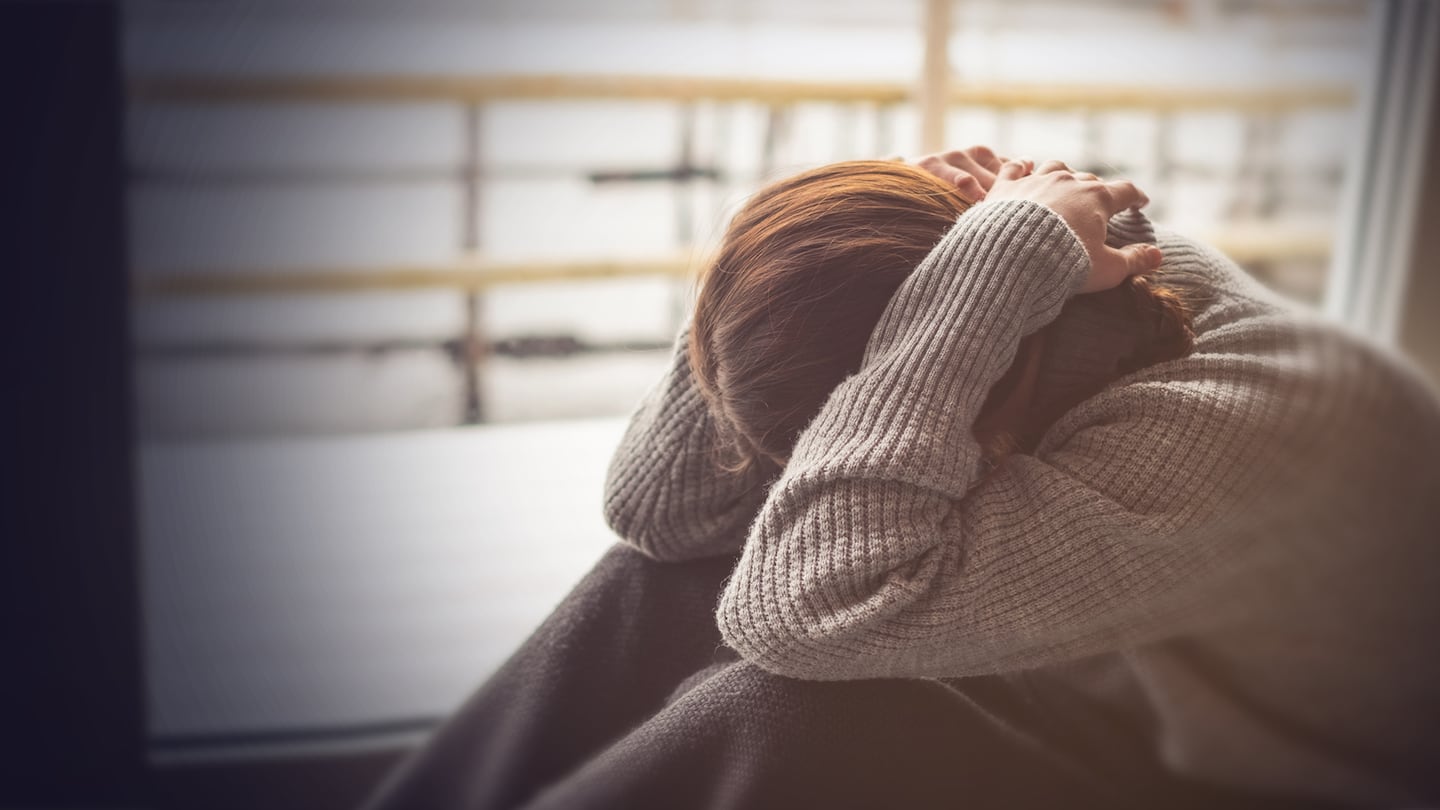A nationwide rollout is planned for a new multi-agency response that includes iwi to deal with people suffering mental distress.
The government says this will help ensure people get the support they need from the right people at the right time. But a chronic shortage of mental health staff, and Māori in the field, may limit this response.
The new multi-agency response to better support mental health sufferers includes police, mental health professionals, ambulance officers, and in some cases iwi.
Mental Health Foundation chief executive Shaun Robinson says this is a step in the right direction.
“Personally, I think it’s a really great step forward. I think it’s going to fill a very big hole in the response to mental health needs in Aotearoa and I think it’s going to be really beneficial for Māori. I think it’s going to have a big positive impact and the fact that some of the early pilots have already got iwi involved is a very positive sign.”
In 2020, police responded to more than 70,000 mental health call-outs. But police were too busy to respond to many of them.
Peer support workers
But the new rollout plan is not expected to shift that burden straight to the mental health sector where the number of psychologists and psychiatrists are dwindling.
“What will happen is the 111 call will notify a joint response team and that team will include police but will also include mental health professionals, and also mental health support workers... They’ve got training as peer support workers but it’s really someone who is like you, who can be the person that comes to your crisis, and goes ‘it’s okay man, it’s going to be alright,’” he says.
This year has seen more staff shortages in mental health, with nearly 150 psychologist vacancies and 94 psychiatrist vacancies across the country. More than 400 mental health nurses are also needed. That’s despite the government pouring nearly $2 billion into mental health services.,
Robinson is eager to see the fruits of the rollout to come.
“What makes me optimistic about these combined response teams is they actually work best when it’s peer support workers who are heavily involved and that doesn’t require somebody to go off and do six years of medical training or a four-year nursing degree. It’s not that these people are not trained but they can be trained much faster.”




